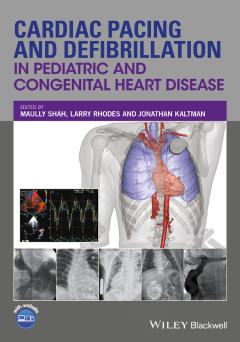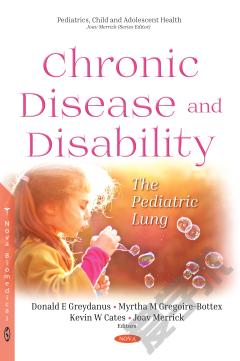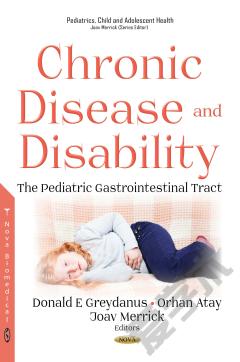Chronic Disease and Disability: The Pediatric Heart
The current and future shortage of pediatric cardiologists necessitates information on the pediatric heart for primary care clinicians, as they care for the child and adolescent with cardiovascular dilemmas and disorders. In view of this shortage and the rapidly increasing knowledge in pediatric cardiology, as well as understanding indications for referral to pediatric cardiologists in the 21st century, au courant assiduous information aimed at primary care clinicians in these areas becomes increasingly important. The heart does not exist in isolation, but is involved in other aspects of the body; thus, hypertension that may involve renal pathophysiology and hyperlipidemia that involves various organ systems is also an important topic. Behavioral aspects of chronic disease, including renal disorders, should also be considered because of the importance and impact that renal (and chronic) disease has on children and adolescents. Certainly, seeking to stay current on basic principles of pediatric cardiology is important; these include fluid and electrolyte physiology, management of pediatric hypertension, and hyperlipidemia. In view of the importance of hypertension in children and adolescents concerning complications in all stages of life (i.e. renal disease, cardiovascular disease, and others), periodic ambulatory blood pressure monitoring by the primary care clinician (PCP) is an extremely important task. The current epidemic of obesity also heightens the importance of hypertension screening in the 21st century.
{{comment.content}}








 京公网安备 11010802027623号
京公网安备 11010802027623号